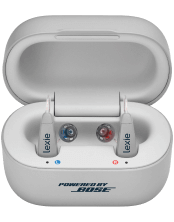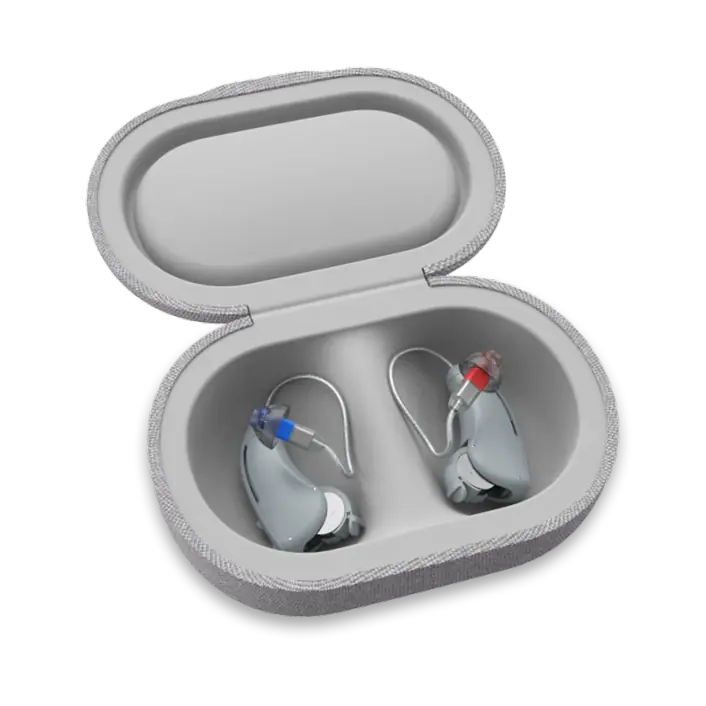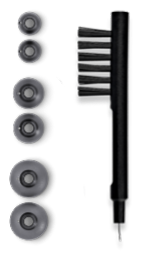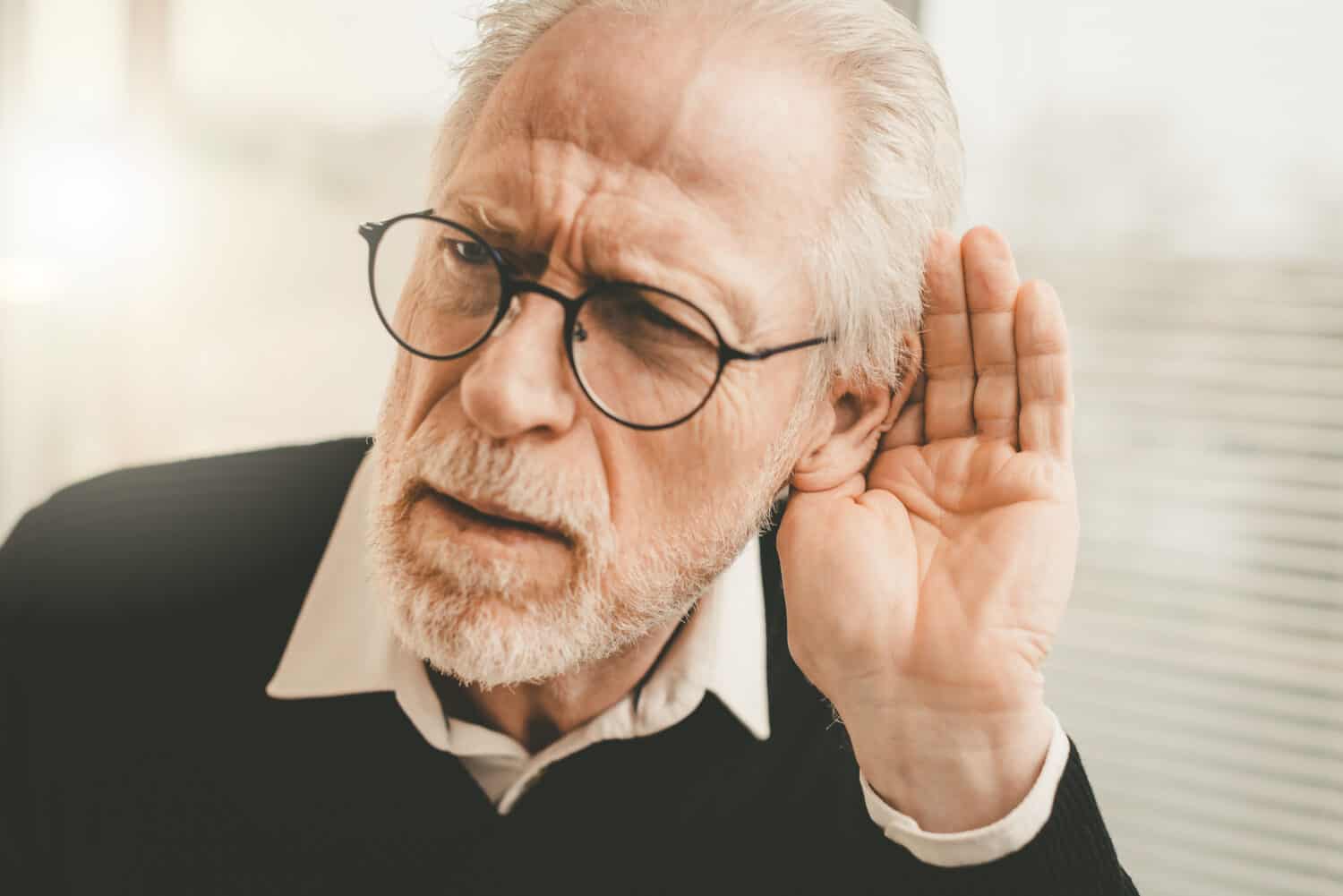Types and Common Causes of Hearing Loss
Published: April 12, 2021
Updated: December 7, 2021
Hearing loss is a common challenge for millions of people around the world. However, the term “hearing loss” is used generally to refer to a range of more specific types of hearing loss, each with their own unique characteristics and causes. If you or a loved one has difficulty hearing, understanding the different types and causes of hearing loss can help you better understand what treatment options might be available.
How The Ear Works
To better understand what causes hearing loss, it’s important to understand how the ear works. The ear is made up of 3 parts: the outer, middle, and inner ear. The outer ear consists of the pinna and the ear canal; the middle ear consists of the eardrum, the three tiniest bones in the body, and the Eustachian tube; and the inner ear consists of the cochlea which is responsible for hearing and the semi-circular canals responsible for balance.
The outer ear and the middle ear are largely responsible for conducting (or transporting) sounds, whilst the inner ear converts the information so that the nerve can take it to the brain. A hearing difficulty caused by the outer and /or middle ear is therefore referred to as a conductive hearing loss (CHL), whilst hearing difficulty caused by the inner ear only is referred to as a sensorineural hearing loss (SNHL).
Hearing difficulty caused by the inner ear and the conductive component—or, in other words, a combination of conductive and sensorineural hearing loss—is referred to as a mixed hearing loss (MHL). Conductive hearing loss is usually treatable and in many cases, reversible, however sensorineural hearing loss is not always reversible.
Causes of Hearing Loss
Conductive Hearing Loss
Conductive hearing loss is often the result of an obstruction in the outer or middle ear, which blocks sound from getting to the inner ear. Due to this, conductive hearing loss is often treatable with medication or surgery. Common causes of conductive hearing loss include:
- Middle ear infections or fluid in the middle ear due to colds or allergies
- A perforated eardrum due to an infection or accident
- Poor eustachian tube function often due to colds or allergies
- Grommets or t-tubes as part of the treatment of middle ear infections
- Wax causing a blockage
- Infections of the ear canal, also known as swimmer’s ear
- Objects that get stuck in the ear canal
- Malformed outer or middle ear
- Otosclerosis
- Ossicular discontinuity due to accidents
- Tumors that block the outer or middle ear.
Sensorineural Hearing Loss
Sensorineural hearing loss occurs when the inner ear nerves and hair cells are physically damaged. Damage to the inner ear can occur from a variety of factors including aging and noise exposure. Sensorineural hearing losses can also be present before birth due to predisposing factors.
Sensorineural hearing loss is the most common type of hearing loss. Unlike conductive hearing loss, sensorineural hearing loss is rarely correctable. However, it can be treated with technology such as hearing aids. Common causes of sensorineural hearing loss include:
- Aging
- A family history of hearing loss
- Complications, substance use, maternal infections, during the pregnancy, or premature birth
- Head trauma damages any part of the hearing system
- Exposure to loud noises, such as construction or loud music
- Ototoxic medication, especially for the treatment of multidrug-resistant tuberculosis and treatment for cancer
- Other side effects of cumulative medicine use
- Infections like mumps or measles
- Auto-immune inner ear disease
- Meniere’s disease
- Acoustic neuroma or other cancerous growths in the inner ear or anywhere on the auditory pathway
- Heart disease
- Diabetes
- Stroke
- Obesity
- Hypertension
- Smoking
Identifying hearing loss
While the causes of hearing loss differ vastly depending on the type of hearing loss—as well as other factors like age—symptoms of hearing loss are often consistent. Any hearing loss will affect the loudness and clarity of sound, with common signs including:
- Difficulty hearing in noisy environments
- Noises are too loud and can be uncomfortable
- Women and children’s voices are most difficult to hear
- Having a sensation of pain or pressure in the ears
- A feeling of being off-balance or dizzy
- Difficulty hearing the television or on the phone
- Other people complain that you speak too loud
- Being distracted and tired most of the time
- Ringing, humming, buzzing sound in the ears
It is important to be proactive and monitor your hearing, especially if you are predisposed to getting hearing loss. Speak to your healthcare provider if you are unsure whether you are predisposed to hearing loss. By understanding your risk factors and identifying hearing loss early, it will be more likely that your hearing loss can be treated in some fashion.
For more tips on hearing health and hearing loss, explore our Hearing Library, or contact one of our hearing experts today.






